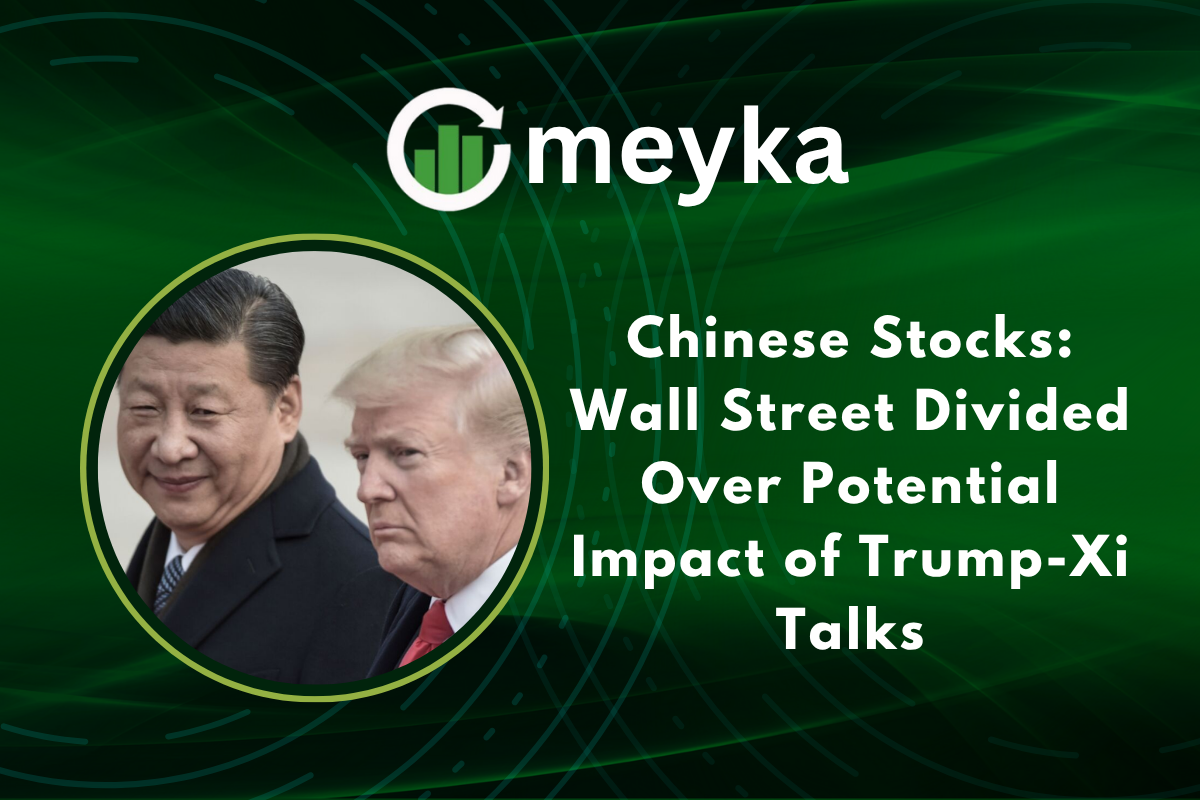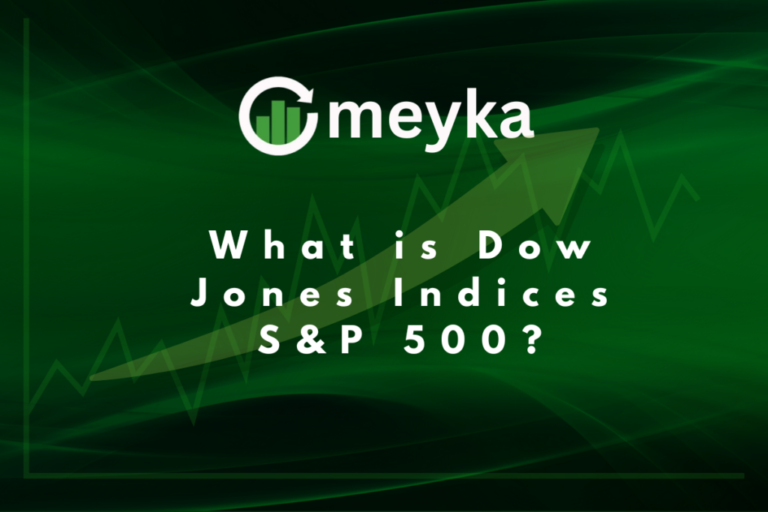Chinese Stocks: Wall Street Divided Over Potential Impact of Trump-Xi Talks
Chinese Stocks are back in focus as markets await the next chapter of U.S.–China relations. Traders are split, and sentiment is fragile. Some Wall Street strategists see upside if talks ease tension. Others warn of the downside if negotiations stall or tariffs rise.
The debate is shaping flows into Asia, and it is drawing close attention from global investors.
Chinese Stocks Show Mixed Reactions Ahead of Trump-Xi Meeting
Asian markets moved unevenly this week, with the Shanghai Composite and Hang Seng showing mixed returns while investors reassess risk. Bloomberg reports Wall Street is divided on how the talks will affect Chinese equities, with some analysts pricing in relief and others expecting only temporary moves.
Overall, trading has seen bouts of buying, then rapid profit taking, as investors weigh headlines against fundamentals.
Tweet on market tone:
Why are Chinese Stocks fluctuating right now? Politics and earnings. Traders react to headlines, tariffs, and data, then step aside until clarity returns.
Why Are Chinese Stocks Volatile Right Now?
Volatility stems from three forces: trade policy, corporate news, and macro data. Tech names led gains this year; when headlines about diplomacy shift, tech swings hard. Manufacturing and export-linked stocks also move on trade talk cues.
Reports show investors are quick to lock in gains after rallies, creating choppy patterns. Sources like Brecorder and regional outlets note that profit-taking and rotation are common when FOMO meets reality checks.
Wall Street Analysts Split on Chinese Market Outlook
Wall Street is not unanimous. Some strategists argue that any easing between Donald Trump and Xi Jinping could revive confidence in Chinese Stocks. Others warn that treaties on paper may not change underlying risks: tariffs, supply chain shifts, and regulatory uncertainty.
Bloomberg cited analysts on both sides; the divide shows up in target prices and portfolio weightings. Investors are watching commentary from large desks for clues on positioning.
What are analysts watching most closely? They watch tariffs, trade language, and corporate guidance. They also follow Yuan moves and export data for real signals.
Key Sectors Driving Market Sentiment
Tech, electric vehicles, and manufacturing are central. Tech names are sensitive to U.S. policy and supply-chain shifts. EV suppliers and chip-linked firms face both demand and export-control risk.
In this context, AI Stock themes have drawn attention, as investors try to separate structural winners from short-term headline traders. Sector rotation is likely if policy reduces friction for trade and technology flows.
Trump-Xi Talks and Their Potential Trade Impact
The talks are both political theater and a policy test. Bloomberg notes that even the prospect of a constructive dialogue can alter risk premia. If leaders signal cooperation, markets may reward cyclical and export-exposed shares.
If rhetoric hardens, the opposite occurs. Wall Street is parsing language and trade mechanics, not just headlines, to assess how tariffs or export controls might change corporate cash flows and valuations.
Tweet on diplomatic risk:
What could Trump-Xi talks mean for global investors? Easing would likely lift risk assets and Asian funds. Escalation would push flows to safe havens and raise volatility everywhere.
Market Psychology and AI Stock Research Insights
Modern desks lean on big data to gauge sentiment. AI-driven models scan headlines, order flow, and social chatter to flag risk. These tools can speed response to sudden news and help size positions.
Traders and portfolio managers use AI Stock Research to spot flow shifts and potential mispricings, but human judgment remains central when geopolitics is the main driver. Models guide, they do not decide alone.
Technical Indicators and AI Stock Analysis
From a technical angle, indices show key support and resistance lines that traders watch. The Shanghai Composite’s range has tightened, while the Hang Seng is sensitive to capital flows. Technical traders look for volume confirmation before adding exposure.
Quant desks combine charts with machine signals; this blending is often labeled under AI Stock Analysis as firms backtest models to see how equities react to political events. The result is faster positioning but also quick unwind if the data disappoints.
Global Investor Takeaways from Chinese Stock Movements
For global portfolios, the Chinese market’s reaction matters beyond Asia. A meaningful policy shift could affect U.S. tech share supply chains, commodity prices, and emerging market flows.
Investors consider three scenarios: quick détente, managed trade friction, or renewed escalation.
Each path has different winners: cyclical exporters, domestic consumer firms, or safe-haven assets. For now, many global funds remain underweight China, awaiting clearer signals.
Is this a buying opportunity or a warning sign? Both. For long-term investors, selectivity and patience matter. For traders, volatility can offer short-term edges but demands risk control.
Conclusion
Chinese Stocks sit at a geopolitical crossroads. Wall Street’s split view reflects real uncertainty: the outcome of Trump-Xi talks could reshape trade, tariffs, and supply chains. Investors should weigh policy signals, sector exposure, and technical confirmation before acting.
Use data, not headlines, to guide moves. In the end, patience and clear risk rules will likely matter more than immediate reactions to any single meeting. Markets will pivot with evidence, not rhetoric, and that is where smart investors will find opportunity.
FAQ’S
The Trump Executive Order bans U.S. investments in Chinese companies linked to China’s military or surveillance sectors.
China’s stock market is falling due to weak economic growth, property sector troubles, and foreign investor pullbacks.
If delisted, Chinese stocks can no longer trade on U.S. exchanges, forcing investors to sell or move shares to Hong Kong markets.
Investors are leaving China over economic slowdown fears, rising regulation, and geopolitical tensions with the U.S.
Disclaimer
The content shared by Meyka AI PTY LTD is solely for research and informational purposes. Meyka is not a financial advisory service, and the information provided should not be considered investment or trading advice.”






